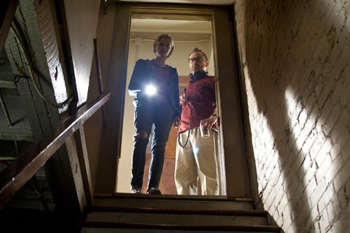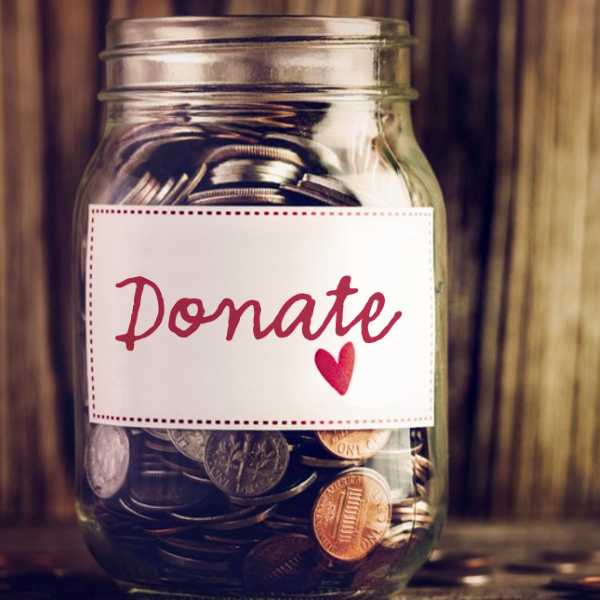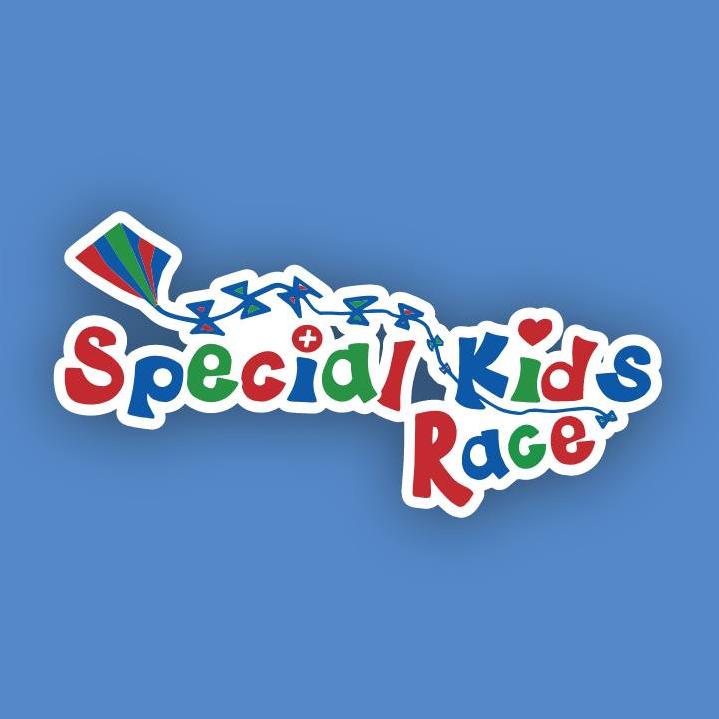For such a standard haunted house flick, Ti West’s latest attempt to recreate the glory days of horror seems as polarizing to its audience as the splatter/torture fare against which it sits diametrically opposed. The young writer, director and editor of The Innkeepers first made a name for himself with 2009’s House of the Devil, a little exercise in reconstructing the cheesy satanic cult films of the ‘80s. As an homage and sort of historical prank (the film was even released in limited edition VHS), HotD showcased West’s technical talent and impeccable eye for detail. With The Innkeepers, West again pays homage to the horror classics, but tempers his timeless tale with a more modern turn-of-the-century setting.
That’s not to say that The Innkeepers will appeal to a much wider audience than West’s other works. What was once called “storytelling” and “character development” is now referred to positively as a “slow-burn” or negatively as “boring.” This slow burn of a film follows the title characters, Claire and Luke (Paxton and Healy), two charming twenty-somethings working the Inn on its last weekend before its impending demolition. The Yankee Peddler Inn is as much a character as its patrons—a gorgeous corner building in a nameless city sitting vacant save for the two employees and a few guests, most notably an aging television star turned psychic (an excellent Kelly McGillis of Top Gun fame). To pass the time, Claire and Luke do what most would; they joke around, drink beer and practice amateur ghost hunting with audio recorders. It is amidst the backdrop of these mundane but never boring actions and interactions that we learn about the spirits supposedly haunting the Inn.
What may bother many people about this film is exactly what drew me into it. The Innkeepers is not the jackhammer of a gory slasher (which can also be good) but the subtle sound of a bump in the night. With The Innkeepers, Ti West, the man who tried to have his name removed from the credits of Cabin Fever 2, makes yet another argument for the good ole fashioned horror story, the kind that eschews gore for atmosphere; the kind that, if you let it, can be even scarier.














